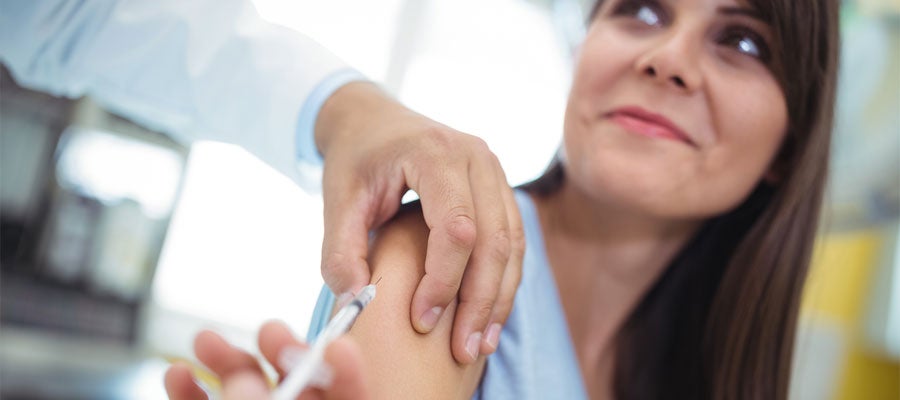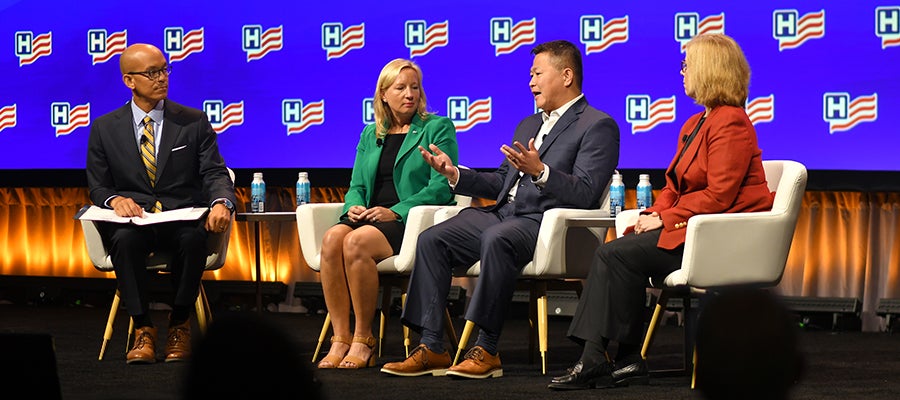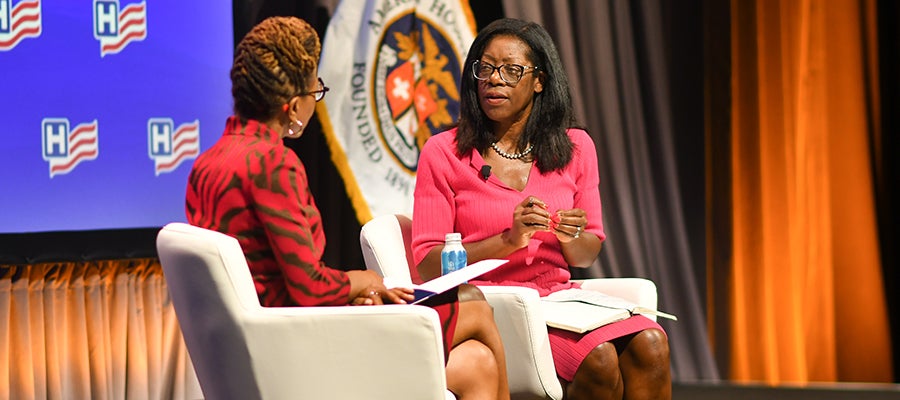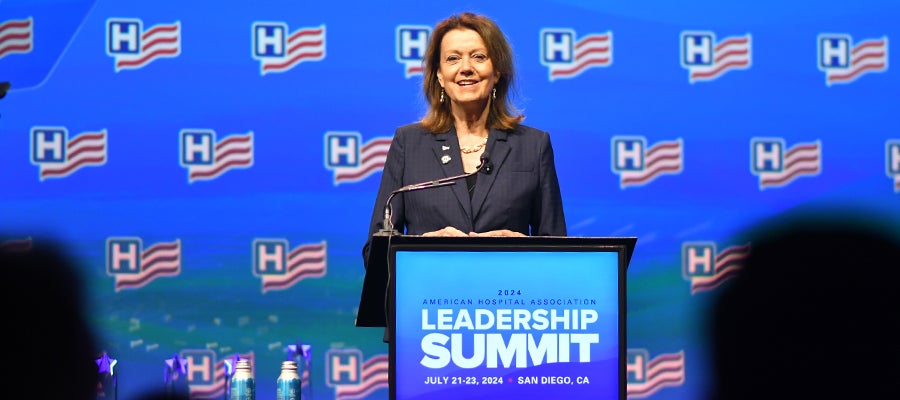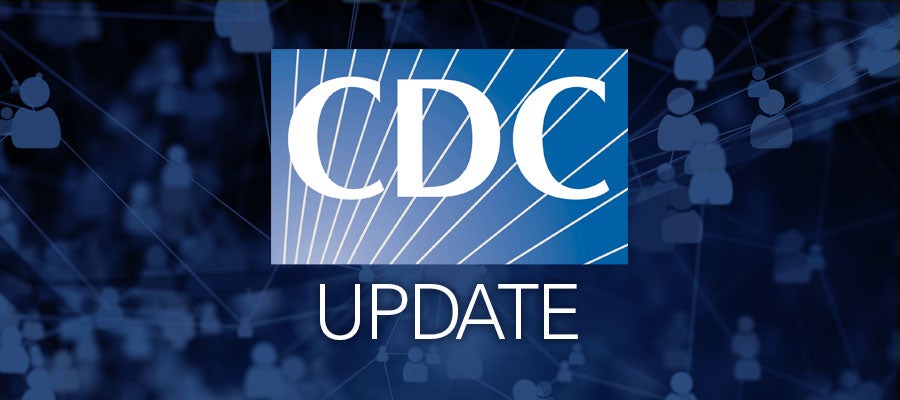
The COVID-19 pandemic has disrupted life in ways we never expected. For patients across the country, the cancellation or postponement of non-emergent surgeries, clinic visits and procedures delayed important medical care and financially devastated many hospitals and health systems, even threatening the ability of many to keep their doors open.



